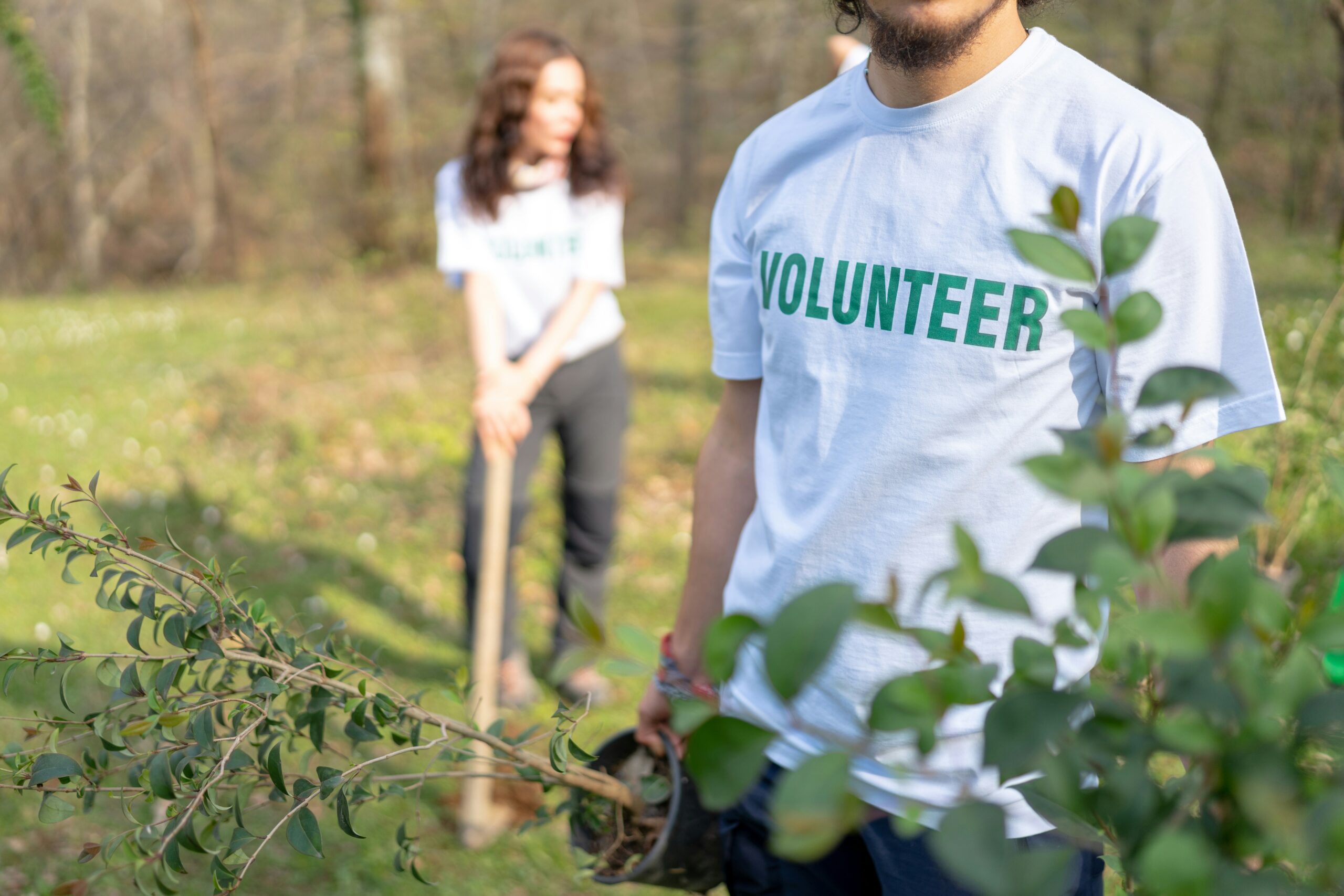
Volunteering is often seen as a selfless act of giving, yet its effects extend far beyond those who benefit directly. In local communities, volunteerism drives positive change, influencing everything from social cohesion to economic opportunities. The collective efforts of volunteers help shape the character of neighborhoods and make them more resilient, connected, and vibrant. Whether it’s through supporting local organizations, providing services, or fostering a spirit of unity, volunteering is essential to the overall well-being of a community.
Building Stronger Social Connections
One of the most profound impacts of volunteering in local communities is how it helps build stronger social connections. When individuals work toward a common goal, they naturally form bonds that extend beyond the project’s scope. This sense of shared purpose cultivates a deeper connection between individuals and fosters a more tight-knit community. Volunteers from different backgrounds, ages, and walks of life often find common ground, which creates a more inclusive and supportive environment for everyone.
These social bonds are crucial for the well-being of any community. Volunteers can often break down barriers that might otherwise exist, whether based on age, socioeconomic status, or cultural differences. Volunteers develop trust and empathy by working side by side, strengthening the community’s ability to support one another. As a result, communities with active volunteer networks tend to have higher levels of social cohesion and lower rates of social isolation, making them more resilient in the face of challenges.
Enhancing Local Economies
Volunteering can also significantly impact the local economy. Many nonprofit organizations and community groups rely heavily on volunteers to function. Whether it’s food banks, shelters, environmental initiatives, or educational programs, volunteers are the backbone of many essential services. These organizations would not be able to provide the same level of support without the commitment of volunteers, enabling them to serve more people and achieve more outstanding outcomes at a fraction of the cost.
Furthermore, volunteering can be an economic catalyst by helping individuals develop skills and experiences that make them more competitive in the job market. Volunteers often gain practical, hands-on experience in healthcare, education, event planning, or social services, which can lead to employment opportunities. This creates a cycle of economic growth, where individuals who volunteer gain valuable skills that enhance their employability while contributing to their local area’s economic vitality.
Supporting Community Organizations and Services
Local charities, schools, and service organizations are essential to the functioning of communities, especially in areas where resources are limited. Volunteers are crucial in keeping these organizations operational, allowing them to serve the most vulnerable populations. Many communities rely on volunteers to provide services such as food distribution, tutoring, elder care, or youth programs, all of which would be severely limited without the support of dedicated individuals.
By donating their time, volunteers ensure that essential programs continue to run, often helping fill gaps in services that may not be adequately addressed by government or private sector initiatives. These volunteer-driven programs have a direct and lasting impact on improving the quality of life for residents. Volunteers often gain a sense of fulfillment from knowing their efforts benefit those around them, creating a mutually beneficial relationship between those who give and those who receive.
Improving Personal Well-Being
Beyond the tangible benefits for the community, volunteering profoundly affects the personal well-being of those who participate. Studies have shown that individuals who volunteer regularly report higher happiness, lower stress levels, and better overall health. Giving to others creates a sense of purpose and satisfaction, contributing to a positive self-image and greater mental resilience.
In addition, volunteering can foster a more profound sense of belonging, which is crucial for mental health. People develop stronger ties to their community as they interact with others and become part of a team or cause. These connections help reduce loneliness and create a sense of pride in the work being done to improve the area. The positive effects of volunteering on mental and emotional health further underscore its importance in building a vibrant and cohesive community.
Strengthening Community Resilience
In times of crisis, whether it’s a natural disaster, economic downturn, or public health emergency, volunteers often play a pivotal role in helping local communities bounce back. Volunteers are the first responders during emergencies, assisting with relief efforts such as distributing food and water, offering shelter, or supporting healthcare services. Their quick and organized response is crucial for helping communities recover and rebuild.
Moreover, the relationships formed through volunteerism contribute to long-term resilience. As individuals work together to address immediate challenges, they develop the networks and skills needed to face future difficulties. Volunteers become part of a larger safety net that communities can rely on during times of uncertainty. This collaborative approach to problem-solving ensures that local areas are better prepared to handle any crisis that may arise, making them more adaptable and capable of thriving despite adversity.
Encouraging Civic Engagement and Responsibility
Finally, volunteering encourages greater civic engagement and personal responsibility within the community. When individuals contribute their time and efforts to local causes, they become more attuned to their neighbors’ needs and the community’s challenges. This heightened awareness usually increases local governance, voting, and advocacy involvement.
Volunteers tend to become more engaged in shaping the policies and programs that affect their community, whether advocating for better public services or supporting local initiatives. This active participation promotes a culture of civic responsibility, where people feel empowered to make a difference. It also ensures that local governments and organizations remain accountable to the population’s needs, as volunteers often bring attention to issues that might otherwise be overlooked.
Volunteering is far more than a simple act of giving—it is a powerful force for good that profoundly shapes communities. By fostering social connections, driving economic growth, supporting essential services, promoting personal well-being, building resilience, and encouraging civic engagement, volunteers help create a stronger, more connected society. Their contributions enhance the quality of life for everyone and provide a solid foundation for a brighter, more unified future.